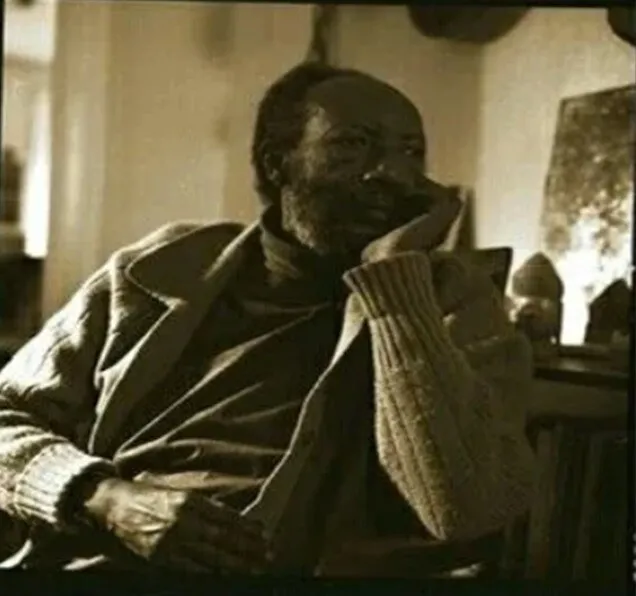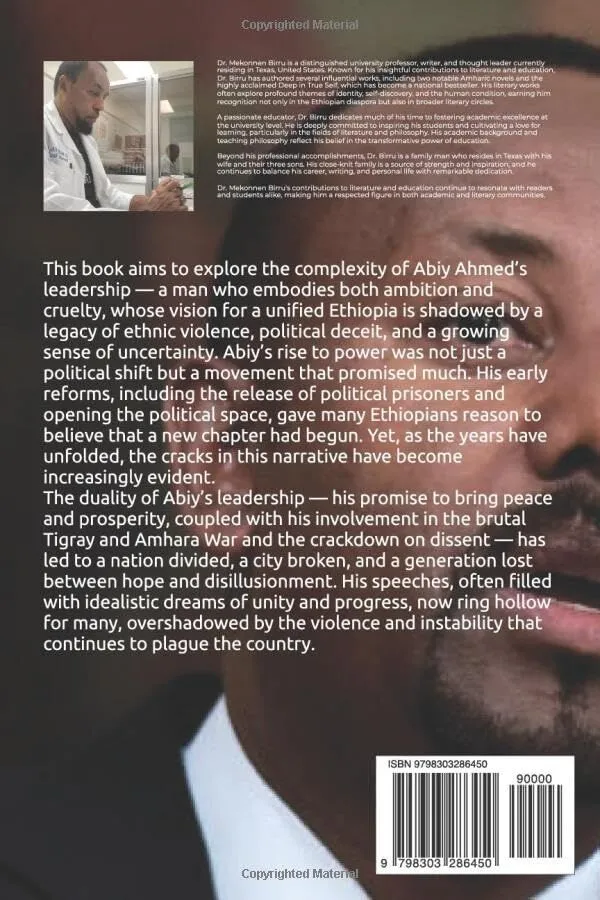Miriam Makeba (1932–2008) was an internationally renowned South African singer and civil rights activist, who became one of the most influential African artists of the 20th century. Though she was born in South Africa, she has significant connections to Ethiopia and African culture in general, with Ethiopia being one of the countries where she had a strong fan base and made impactful appearances.
Key Highlights of Miriam Makeba’s Life and Career:
1. Early Life and Musical Beginnings:
- Birth Name: Miriam Makeba was born Miriam Zenzi Makeba on March 4, 1932, in Johannesburg, South Africa.
- She was exposed to music from an early age, influenced by the rich musical traditions of her country, which included jazz, traditional African music, and the rhythms of the South African townships.
- Her early career began in South Africa, where she performed with various jazz and choral groups. She later became involved with South Africa’s burgeoning anti-apartheid music scene.
2. International Stardom:
- Miriam Makeba gained international fame in the 1950s when she joined The Manhattan Brothers and later The Skylarks, popularizing South African jazz and traditional music abroad.
- She shot to global fame with her album “Pata Pata”, which was released in 1967. The song “Pata Pata” became a hit, making her an international music icon. The song’s infectious rhythm and catchy chorus made it a favorite worldwide.
3. Political Activism:
- Beyond her music, Makeba is remembered for her passionate advocacy for civil rights and African independence. She used her fame to draw attention to the oppression faced by black South Africans under apartheid.
- She was a vocal critic of the South African apartheid regime, which led to her being exiled from her home country for much of her career. She was banned from returning to South Africa for almost 30 years after speaking out against apartheid at the United Nations in 1963.
- Her political activism was exemplified when she married Stokely Carmichael, a prominent leader of the Black Panther Party in the United States, further cementing her role as an international advocate for social justice.
4. Her Connection to Ethiopia:
- Miriam Makeba’s strong pan-African spirit led her to establish deep connections with many African nations, including Ethiopia. In 1962, she performed in Ethiopia, where she was warmly received, and she became a symbol of African unity and pride.
- Ethiopia, being one of the only African countries that was never colonized, has always been seen as a beacon of African identity and independence, which resonated with Makeba’s message of liberation. Her music and activism gained her recognition in Ethiopian cultural and political circles.
- Makeba also performed at events that celebrated African solidarity, including the 1966 Organization of African Unity (OAU) conference, and was warmly embraced by many African leaders.
5. Legacy and Influence:
- Miriam Makeba earned the title of “Mama Africa” due to her contributions to music, African culture, and her role as a political advocate.
- Her influence extended beyond music, as she played a key role in raising international awareness about the apartheid regime and the struggles of black South Africans.
- Makeba’s impact is also felt in the world of world music, as she brought African musical genres to global audiences, blending jazz with traditional African rhythms and introducing audiences to South African music through her global tours.
6. Awards and Recognition:
- Makeba received numerous awards and accolades throughout her career. In 1969, she was awarded a Grammy Award for her collaboration with Harry Belafonte on the album “An Evening with Belafonte/Makeba.”
- In 2008, a year before her death, she was honored with a Lifetime Achievement Award at the BBC Radio 3 Awards for World Music.
7. Death:
- Miriam Makeba passed away on November 9, 2008, at the age of 76 after performing at a concert in Italy. She collapsed on stage after the performance and was later declared dead from a heart attack. Her death was a great loss to the world of music and social justice.
8. Cultural and Political Impact:
- Makeba’s life and work made her an icon not just for South Africa but for the entire African continent. Her music and activism continue to inspire people fighting for justice, freedom, and equality.
- Makeba’s commitment to fighting apartheid, racism, and her advocacy for women’s rights, as well as her celebration of African heritage, has made her a legendary figure whose influence transcends generations.
Conclusion:
Miriam Makeba’s legacy as a world-class musician and a tireless activist continues to inspire people all over the world. Though born in South Africa, her connection to Ethiopia and the broader African liberation movement made her a true African icon. Her contributions to music, civil rights, and her unwavering commitment to fighting for justice have left a lasting imprint on history.
















